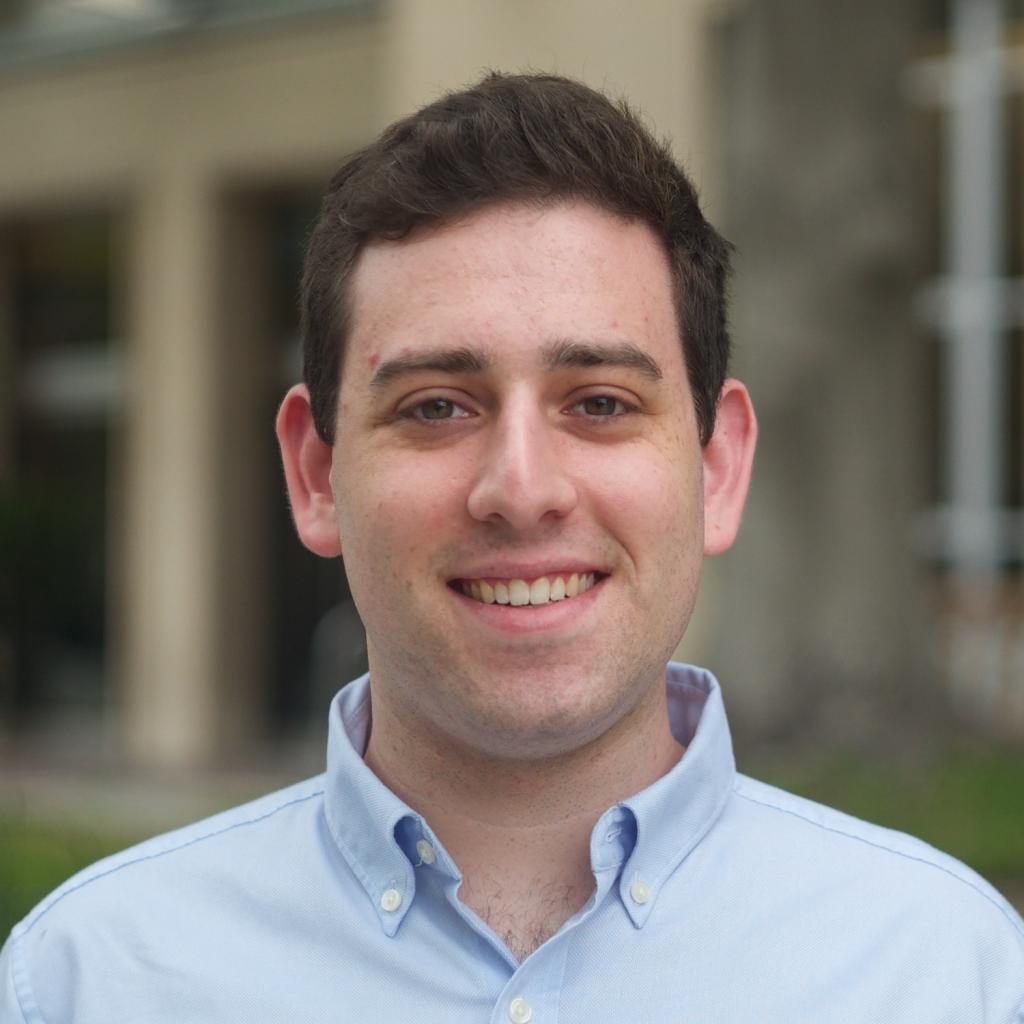The Week That Was: All of Lawfare in One Post
On Friday, Mar. 22, Attorney General Bill Barr announced that Special Counsel Robert Mueller had concluded his investigation into Russian interference in the 2016 U.S. elections and potential coordination with President Donald Trump’s campaign. Benjamin Wittes reflected on what that announcement did—and did not—tell us about the substance of Mueller’s final report.
Published by The Lawfare Institute
in Cooperation With

On Friday, Mar. 22, Attorney General Bill Barr announced that Special Counsel Robert Mueller had concluded his investigation into Russian interference in the 2016 U.S. elections and potential coordination with President Donald Trump’s campaign. Benjamin Wittes reflected on what that announcement did—and did not—tell us about the substance of Mueller’s final report.
On Sunday, Mar. 24, Barr sent Congress a four page summary of the report’s top-line conclusions: the investigation did not yield proof of a criminal conspiracy involving the Trump campaign and Russia, and Mueller’s decision not to take a stance on the obstruction issue empowered Barr to do so; he declared that none of Trump’s conduct rose to the level of an obstruction offense. Quinta Jurecic shared Barr’s summary itself. Mikhaila Fogel, Jurecic, Susan Hennessey, Matthew Kahn and Wittes unpacked the letter and what it reveals about Mueller’s investigation. And Fogel shared a Lawfare Podcast, Special Edition on Barr’s letter featuring Carrie Cordero, Hennessey, David Kris and Wittes:
Robert Litt analyzed what Barr’s letter said on collusion. Paul Rosenzweig dissected its obstruction of justice elements. Nate Jones reflected on the counterintelligence questions not mentioned in the letter. Wittes shared a video of a discussion hosted by Brookings on the week’s events featuring Hennessey, Mary McCord, Margaret Taylor and himself. And Jen Patja Howell shared a new Rational Security episode in which Tamara Cofman Wittes, Shane Harris, Hennessey and Benjamin Wittes discussed Barr’s summary:
This week in Congress, Taylor took a deep dive into Trump administration refusals to cooperate with a congressional investigation into White House security clearance practices.
Lev Sugarman shared a transcript of the House judiciary and House oversight committees’ joint interview of George Papadopoulos.
And Howell shared a Lawfare Podcast: Culper Partners Rule of Law Series episode featuring a discussion between Kris, Nate Jones and former Sen. Saxby Chambliss (R-Ga.) on congressional intelligence oversight:
Moving to foreign policy, Michael S. Smith, II discussed a failed coup within the Islamic State for this week’s Foreign Policy Essay.
Alina Polyakova analyzed Russian interference in Ukraine’s elections and its implications for Moscow’s future campaigns.
Ted Piccone assessed the current state of Colombia’s peace agreement between the government and the FARC.
Liron Libman wrote on the U.N. investigation of last year’s Gaza border confrontation.
In international law and policy, Ido Kilovaty analyzed the increasingly large role of tech in international regulatory development.
Sugarman posted a federal judge’s opinion in an Abu Ghraib case declaring that sovereign immunity cannot shield the U.S. from jus cogens principles of international law.
Howell shared an episode of the Lawfare Podcast featuring a discussion between Jack Goldsmith and Sue Biniaz on the Paris Agreement and international climate policy under Trump:
Scarlet Kim and Paulina Perlin highlighted new revelations about the history and operation of the Five Eyes alliance gleaned from NSA documents newly-released in a Freedom of Information Act lawsuit.
David Pozen used civil disobedience theory as a framework to analyze Edward Snowden’s 2013 disclosures.
Sugarman shared a habeas petition filed by a man in DHS custody challenging his indefinite detention under a little-used post-9/11 immigration regulation.
And that was the week that was.

